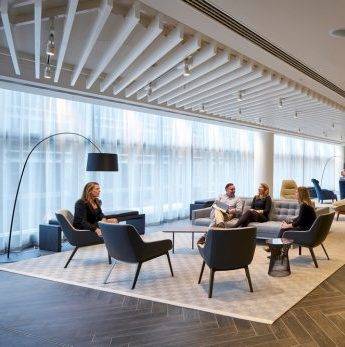June 13, 2018
The CIPD says adoption of people analytics in the UK by HR is still too low
 Organisations with a strong people analytics culture are much more likely to report strong business performance claims new global research from the CIPD in association with Workday. However, the survey also highlights that the wide scale adoption of people analytics practice is still low and that more needs to be done to improve skills and confidence in the HR function, particularly in the UK which is lagging behind other markets in both capability and confidence. The research also highlights the importance of access to data. It found that access to people data improves outcomes but only 71 percent of HR professionals have access to this data, and just 42 percent of finance professionals do. For those with access to people data, just 22 percent use it daily in their decision-making and almost a quarter (23 percent) use it in decision-making just once a month or less. The research, People Analytics: driving business performance with people data, surveyed 3,852 business professionals globally – including HR and finance professionals – to understand attitudes towards people analytics and how it is being used in organisations.
Organisations with a strong people analytics culture are much more likely to report strong business performance claims new global research from the CIPD in association with Workday. However, the survey also highlights that the wide scale adoption of people analytics practice is still low and that more needs to be done to improve skills and confidence in the HR function, particularly in the UK which is lagging behind other markets in both capability and confidence. The research also highlights the importance of access to data. It found that access to people data improves outcomes but only 71 percent of HR professionals have access to this data, and just 42 percent of finance professionals do. For those with access to people data, just 22 percent use it daily in their decision-making and almost a quarter (23 percent) use it in decision-making just once a month or less. The research, People Analytics: driving business performance with people data, surveyed 3,852 business professionals globally – including HR and finance professionals – to understand attitudes towards people analytics and how it is being used in organisations.










 A major research study “
A major research study “
























June 4, 2018
Your happiness at work is not just down to your employer
by Cary Cooper and Ivan Robertson • Comment, Wellbeing, Workplace design
(more…)